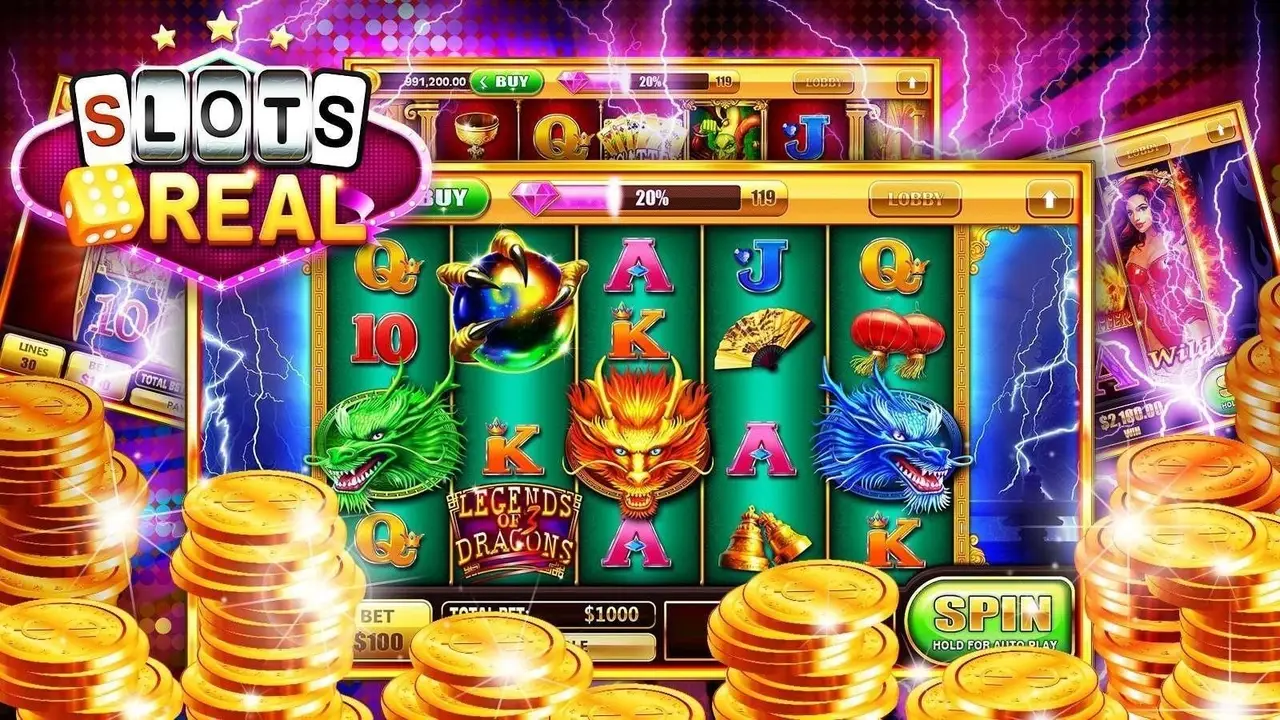The question of choosing a reputable online casino remains relevant for many users who want to try their luck on online platforms. The ease of access, the huge range of entertainment on offer and the tempting bonuses make gambling attractive. However, as the popularity of gambling increases, so do the number of scammers. To avoid unpleasant surprises and to play in a safe environment, it is important to know what to look out for when choosing a gambling site.
In this article, we will look in detail at how to properly evaluate a casino, taking into account security criteria, licensing and reputation.

Licensing as a key factor of reliability
One of the main factors when choosing an online casino is the presence of a licence. This document confirms that the platform has undergone a rigorous regulatory review and that its operations comply with international standards. The licence ensures that the platform follows fair gaming rules and that users’ funds are protected against fraud.
Global regulatory licences: features and attributes
Many jurisdictions issue casino licences, but not all are equally reliable. Some states have strict requirements for gambling platforms and conduct regular inspections, while others allow for less stringent standards. The main licences to look for when choosing an online casino are:
- Curaçao. One of the most popular jurisdictions to obtain a licence. Despite its popularity, it is not always a guarantee of reliability, as this regulator allows fewer inspections compared to others.
- Malta. This jurisdiction’s document is considered one of the strictest and most authoritative in the world. Casinos licensed in Malta are required to meet strict safety standards and operate fairly.
- Gibraltar. An authorised regulator, whose licence ensures player safety and respect for consumer rights.
- United Kingdom. The licence issued by the UK Gambling Authority is one of the strictest. Casinos with this registration are obliged to offer high levels of security and honesty.
It is important to remember that the legitimacy of an online casino can be verified by accessing its website and looking for licence information. Registration should be confirmed with numbers and links to the relevant authorities.
Reputation and player reviews: how not to fall into the trap of scammers
 An equally important aspect is the reputation of the company. Even if the platform is licensed, this does not always guarantee the honesty of its work. There are often cases where online casinos with a genuine registration are the subject of complaints from users. To avoid unscrupulous operators, it is necessary to familiarise yourself with reviews.
An equally important aspect is the reputation of the company. Even if the platform is licensed, this does not always guarantee the honesty of its work. There are often cases where online casinos with a genuine registration are the subject of complaints from users. To avoid unscrupulous operators, it is necessary to familiarise yourself with reviews.
How to evaluate reviews:
- Explore forums and official websites. Here you can find real stories of players who have already experienced the casino in practice. Forums often contain both positive and negative reviews, which will allow you to get an objective idea.
- Look for data on social networks. Take a look at the casino’s social media accounts. The more subscribers and active comments, the more likely it is that the platform is really popular and operates transparently.
- Check out specialised sites. There are resources that rate online casinos on a number of positive criteria, such as reputation, speed of payments, quality of support and security.
The important thing here is not to fall into marketing traps. Most new online casinos strive to create the perfect image at launch. However, only player-tested platforms with many real reviews and case studies are reliable.
Customer service: an important aspect of trustworthiness
The quality of the support team is not only an indicator of how quickly they can help you in case of a problem. It is also an indicator of the overall reliability of the platform. A knowledgeable and approachable support team is the first thing to look for when choosing a reputable online casino.
What criteria are important when evaluating the support service:
- Round-the-clock operation. If the casino does not offer round-the-clock support, it may indicate a lack of responsibility and attention to its customers.
- Diversity of communication channels. The availability of multiple communication channels (chat, email, phone, social media accounts) increases the likelihood of effective support.
- Accountability and competence. Employees should not only respond quickly to questions, but also provide accurate information. If the response to simple questions is delayed, it is a sign of potential problems in the casino.
You can check the work of the support team just by asking a few simple questions or try to resolve the situation via chat. Reputable companies will always have an accessible and efficient support team.
Transaction security and data protection
Don’t be fooled by the site’s attractive bonuses and games. If your money and personal data are not protected, any winnings could be dangerous. Data protection and transaction security are the most important aspects when choosing a casino.
The key aspects of security are
- Data encryption. A casino should use modern security technologies, such as SSL encryption, to prevent data breaches. This ensures that your personal data and financial transactions are protected from fraudsters.
- Payment systems. Verified casinos always offer several options for secure payment methods, such as cards, e-wallets and cryptocurrencies. It is especially important to check whether the site supports reputable international payment systems.
- Qualifications and certifications. Certifications from independent auditors that check the security of the platform, the fairness of the games and the transparency of payouts are of great importance.
Make sure the casino has all the necessary security measures in place to keep your data and money safe.
How not to fall for online casino scams?
Online gambling scams are becoming increasingly sophisticated, so it is important to be careful when choosing a casino. It is important to know in advance how to avoid falling into the clutches of scammers.
How to recognise fraudulent online casinos:

- Lack of licence. Registration is the first thing to check. A casino without licensing documents is always high risk.
- Unrealistic bonuses and offers. Promises of big winnings and bonuses can hide a scam.
- Lack of reviews or negative reviews. If a site has no reviews or receives exclusively negative feedback, it is a clear sign of trouble.
- Unclear or hidden information. If the casino site does not provide clear information about game rules, bonus conditions and licensing, it is best to refrain from registering.
You should not believe tempting offers without checking them thoroughly. Use all available methods to check the honesty and reputation of the company.
Conclusion
 Choosing a reputable online casino is an important process in which you cannot rely on chance. Registration, reviews, data security and the availability of a quality support service – all these criteria will help you make the right choice. If you follow the recommendations, you will not only be able to play safely, but also with the confidence that your money is protected.
Choosing a reputable online casino is an important process in which you cannot rely on chance. Registration, reviews, data security and the availability of a quality support service – all these criteria will help you make the right choice. If you follow the recommendations, you will not only be able to play safely, but also with the confidence that your money is protected.
 en
en  ru
ru  de
de  ar
ar  es
es  hi
hi  fr
fr  nl
nl  it
it  pt
pt  el
el 










